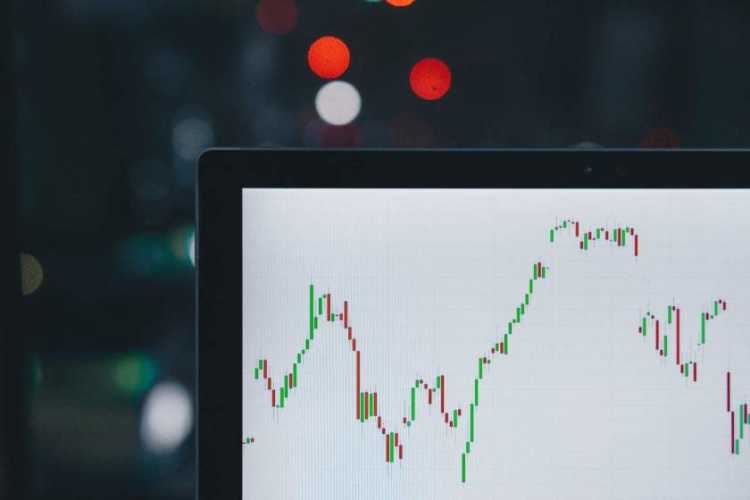We asked Michelle Gribbin, Chief Investment Officer at Profile Pensions, to explain exactly what it does and why it’s so important.
How does the Investment Committee work?
The Investment Committee is responsible for agreeing and setting the investment strategy for our customers, so essentially deciding how they should invest. That means we look at things like asset allocation, which is working out how we divide investments between the different types of assets such as bonds, stocks and shares, property and cash, and also how we monitor and manage risk, so that we can provide the best possible outcomes for customers.
What is your role in the Committee?
I am the investment and pensions expert and am responsible for the advice we offer, so I work closely with our compliance manager and our CEO. We look closely at what and how we should implement any advice strategy and the processes around that and take ideas to the Investment Committee where we all discuss them and then come to an agreement.
Once ideas are agreed on, their performance is then regularly reviewed to make sure they are on track and remain suitable for our customers.
How many people are in the Investment Committee?
At the moment there are five members, but we’re in the process of employing an analyst so there will soon be six of us.
We currently have three executive members and two independent members. In terms of expertise, we’re all professionals but all with different specialisms. For example, we’ve got an economist, a compliance specialist, an investment advice specialist, a risk management specialist and a business strategist so we all bring something different to the table.
When does the Committee meet?
We meet every three months to consider asset allocation and look at market factors which might influence our investment decisions.
We have a ‘terms of reference’ that sets out the purpose of the committee as well as our responsibilities and objectives. It also explains how we document our investment strategy and decision-making process.
How do you make investment decisions?
Our starting point is to agree what sort of strategy we’re going to take and then we agree on the providers we’re going to use. We can have as many or as few as we want, but one of the big advantages that we have is that we are ‘whole of market’ and not restricted to just one or two providers. We can therefore look at all investments which may be appropriate and narrow them down to the ones we recommend.
We currently have a range of funds to suit every risk profile, so for example we can cater for someone with a conservative approach, who might perhaps prefer to focus on bonds and lower risk investments, to someone who’s comfortable taking a more adventurous approach and who may be happy to invest mainly in stocks and shares.
Why does the Investment Committee matter?
The Committee is vital because it’s all about us using our investment expertise to constantly strive towards finding the best solutions for our customers. That doesn’t mean we’re constantly chasing the best performing funds, but we’re looking for investments that perform well over the long term. Having the Committee means we have to constantly challenge what do, whilst at the same time ensuring our investment strategy remains consistent.
It’s not just about what we do for new customers, but what we’re doing for our existing customers and making sure the funds invested in continue to be the right thing. We regularly do something called a ‘periodic suitability assessment’ to check that nothing’s changed. For example, a customer who is nearing retirement might need to decrease their risk to reduce the risk of losses just before they stop work. We’re busy internally monitoring funds, making sure your pension remains in the right fund for you.



